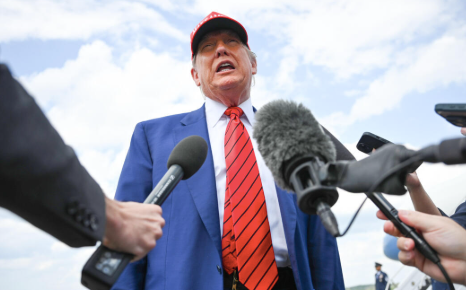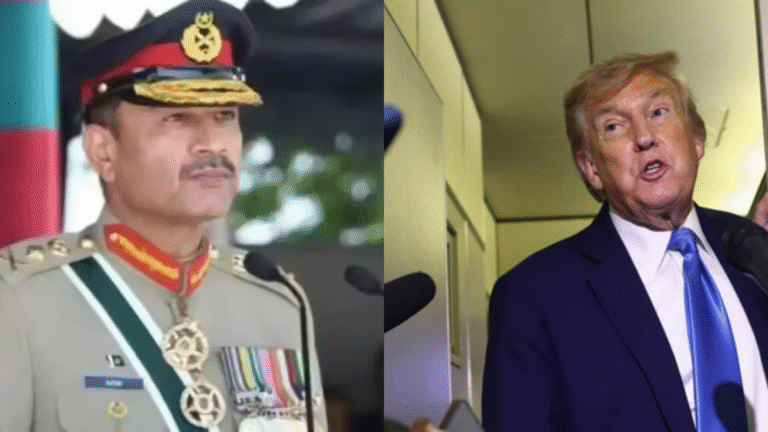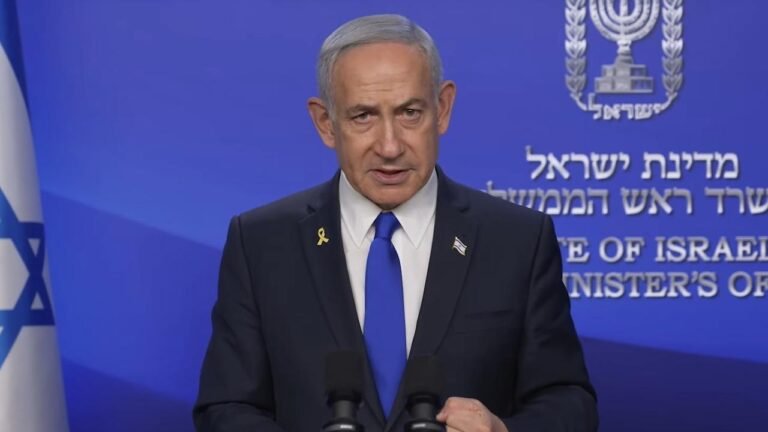
March 1, Washington: Despite warnings from former U.S. President Donald Trump, BRICS nations remain committed to reducing their dependence on the U.S. dollar. Brazilian President Luiz Inácio Lula da Silva reaffirmed the bloc’s determination, stating that U.S. threats will not deter their efforts to establish alternative payment systems.
During a BRICS meeting, Lula emphasized the need for a multipolar world, highlighting that under Brazil’s 2024 presidency, the group will strengthen its push for financial independence. His remarks follow Trump’s January warning, where he threatened 100% tariffs on BRICS nations if they attempt to replace the U.S. dollar in global trade. Writing on Truth Social, Trump stated that the U.S. would not allow BRICS to create or support an alternative currency without consequences.
Russia responded swiftly, warning that any attempt by the U.S. to enforce dollar reliance would backfire. BRICS have been working toward de-dollarization for years, particularly after Western sanctions on Russia. The group, which originally included Brazil, Russia, India, China, and South Africa, has expanded to Egypt, Ethiopia, Indonesia, Iran, and the UAE. While BRICS+ does not have a common currency, its members have encouraged trade in local currencies to reduce dollar dominance.
At the 15th BRICS Summit in 2023, Russian President Vladimir Putin called for expanded settlements in national currencies and increased banking cooperation. However, despite these efforts, the U.S. dollar remains the world’s primary reserve currency. A study by the Atlantic Council’s GeoEconomics Center found that neither BRICS nor the euro has significantly weakened the dollar’s global influence.
As tensions rise, BRICS remains firm in its goal of reshaping the global financial system, despite opposition from the U.S. and challenges in implementation.
Get more News Headlines on our Social Platforms And Do Follow.
https://rb.gy/q8ugti
https://rb.gy/t4q0ay
rebrand.ly/pwoq4qx
rebrand.ly/nddyfab




